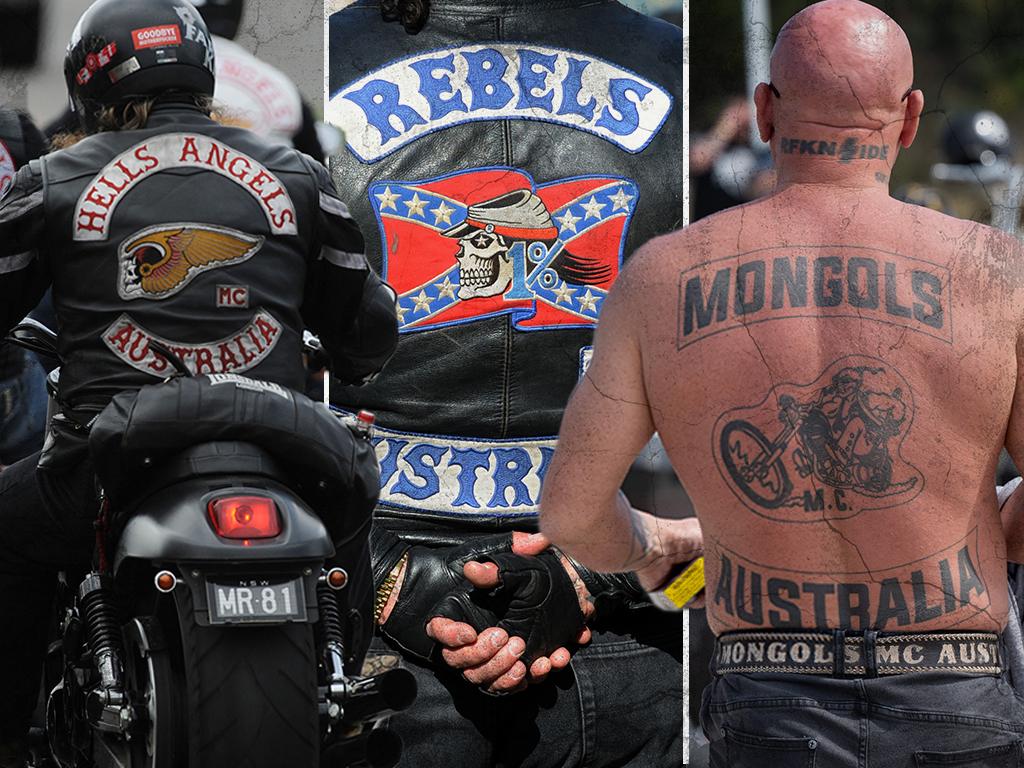Australian outlaw bikie gangs to be hunted out of their Southeast Asian drug dens in new sting
Australian bikie gangs have grown their influence in Asia to better control their drugs and money empires, but that may be about to crash down.
Police & Courts
Don't miss out on the headlines from Police & Courts. Followed categories will be added to My News.
Australian bikies face a fresh push to boot them from Asian countries where they are dodging the law and making a fortune from drug trafficking.
Their presence in Vietnam, Indonesia, Myanmar and Thailand is viewed as a key conduit in the channelling of tonnes of drugs into Australia each year.
A new attack on those supply chains looms after international talks on anti-outlaw motorcycle gangs in Ho Chi Minh City, Vietnam, last month involving the Australian Federal Police and Asian and European authorities.
Members of the Comanchero, Hells Angels, Mongols, Bandidos and Lone Wolf have moved offshore in increasing numbers in recent years to live or do business.
The OMCG members operating from Asia are often vital players in shipments of methamphetamine, heroin and cocaine.
They have connections with regional drug kingpins responsible for industrial-scale production of drugs that are then sent to their Australian comrades and distributed at enormous profits.
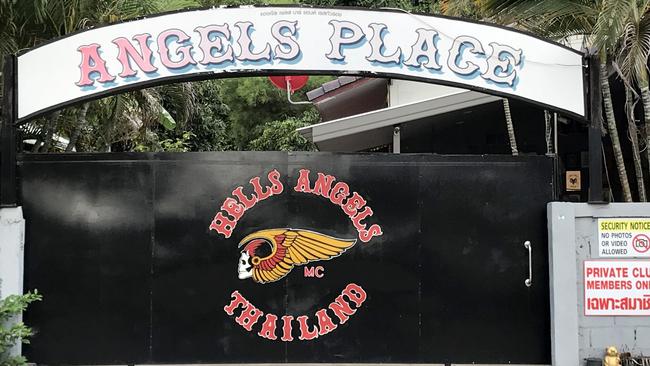
Assistant Commissioner Crime Command Nigel Ryan said Australian bikie gangs had increasingly expanded into Southeast Asia in the past decade to control their illicit supply chains, trafficking corridors and money-laundering.
Law enforcement agencies at last month’s Countering OMCG conference in Vietnam examined intelligence-sharing and how to jointly target gangs and diminish their profits.
Mr Ryan said crucial work was being done by Australian police with counterparts from teams in Thailand, Vietnam and Cambodia to curtail the bikie incursion and, in some cases, send them home to face the justice system.
“The AFP will not stand for Australian criminals moving offshore and causing havoc in another country, and that’s why the partnership between the AFP and overseas law enforcement agencies is so important,” Mr Ryan said.
“About 70 per cent of the transnational serious organised crime threats impacting Australia come from overseas, and a sizeable chunk of those are OMCG members, or criminals, who regularly work with OMCG facilitators or distributors.”
Mr Ryan said the conference discussed how gangs established themselves in local communities and set up legitimate businesses.
“These are not groups that care about the wellbeing of the communities they establish themselves in, or their members,’’ he said.
“These groups are responsible for the importation and trafficking of tonnes of illicit drugs, hundreds of weapons, the laundering of millions of dollars in cash and, if they feel it is necessary, murder.”
Mr Ryan said physical borders were no longer obstacles to organised crime and it was vital to collaborate with international counterparts in the fight against drugs, firearms and dirty money.
Major General Ho Sy Niem, deputy director of the Vietnam Ministry of Public Security Criminal Investigation Department, said the conference helped his organisation better understand the OMCG threat.
He said Vietnam had a better appreciation of the range of activity involving gangs.
“Vietnam commits and recommends law enforcement counterparts commit to enhanced intelligence exchange and strengthened co-operation,” he said.
BIKIES SPREAD THEIR INFLUENCE
The bikie-linked figure trying to fly out of Bangkok Airport with $1m was on the first stage of an investment with eye-watering potential.
He was destined for Myanmar, where methamphetamine and heroin are made by powerful syndicates operating on industrial scales.
His connections on a well-worn path for the outlaw motorcycle gang fraternity were long-established.
The US cash found stuffed in his backpack would have bought a colossal amount of product in Myanmar.
Stage two would be to get the cargo to Australia where our country’s affluence and seemingly inexhaustible appetite for drugs make it one of the world’s most lucrative narcotics markets.
Established bikie networks here would have taken care of distribution.
The presence of Australian outlaw motorcycle gang members in Asia has long been a source of concern and curiosity for law enforcement bodies back here.
Three years ago, Melbourne Comanchero boss Mick Murray was turned back as he tried to enter Thailand for a holiday when Victoria Police flagged his trip with locals.
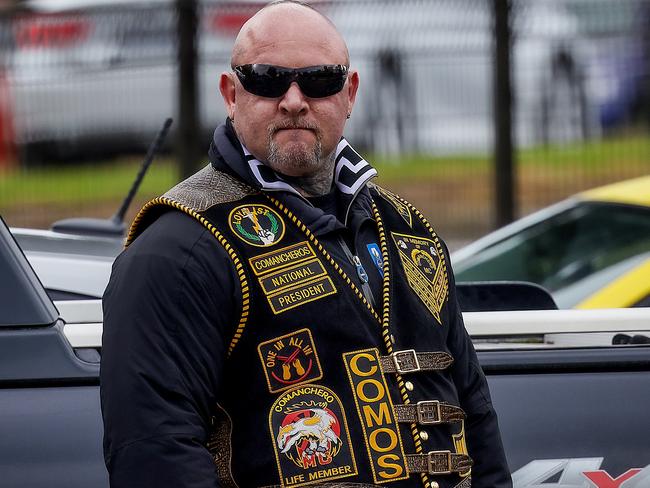
Murray’s torpedoed visit – made while on a $1m court surety – was yet more evidence of the ever-deepening OMCG interest in Southeast Asia.
In 2019, a UN report warned: “Outlaw motorcycle gangs from Australia and New Zealand are expanding their presence in East and Southeast Asia to organise the trafficking of illicit drugs, in particular methamphetamine and related precursor chemicals, in part as a result of focused law enforcement efforts against them at home.
“It is expected that OMCGs may expand their involvement in the methamphetamine trade from Southeast Asia to Australia, considering the low price per kg, and increased quantities of methamphetamine manufactured and available in the region.”
One veteran investigator said the attractions in Asia, even for a flying visit, were great.
“They can discuss business without the risk of listening devices and tracking devices and surveillance,” he said.
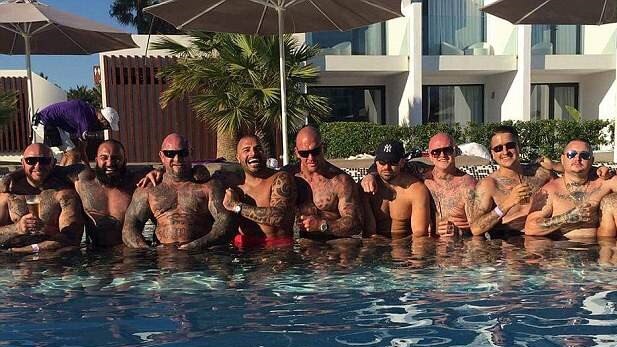
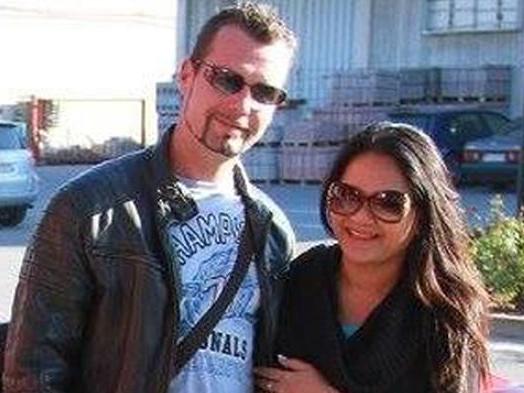
Australian law enforcement bodies in 2014 established the Morpheus task-force to push back against the bikies, who years earlier started to send down roots.
In 2010, Hells Angels muscleman Glen Matthew Norris opened a popular bikie bar, The Other Place, in Phuket and founded a chapter of the gang, marking the start of the resort town’s status as a haven for outlaws.
Phuket was where Wayne Schneider was abducted and murdered in 2015 while he was staying with former Melbourne Comanchero powerbroker Amad “Jay” Malkoun.
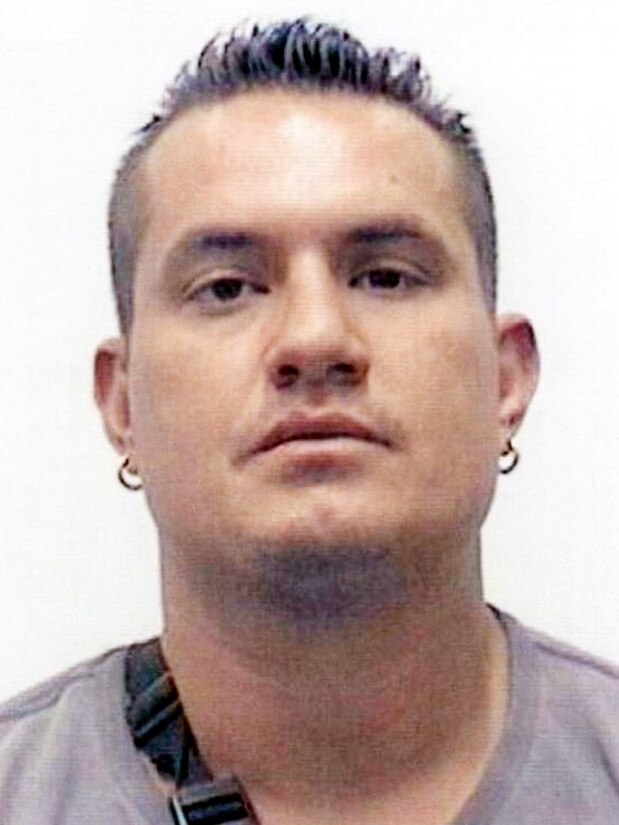

Among the biggest busts linked to bikie gangs operating in Southeast Asia was the import of $119m worth of methamphetamine from Indonesia to Melbourne by three Adelaide men with links to the Descendents bikie gang.
The AFP and FBI-led AN0M sting also revealed Australians in Asia to be among the key players in global crime.
Australian citizen Shane Geoffrey May, believed to be living in Indonesia, was named in a US grand jury as a distributor of encrypted devices used by criminals as part of the AN0M sting.
A New Zealand Comanchero figure, Shane Ngakuru, was also living in Thailand as recently as last year. West Australian Luke Cook, reportedly linked to Hells Angels, last year escaped the death penalty when he successfully appealed a trafficking conviction in Thailand.


